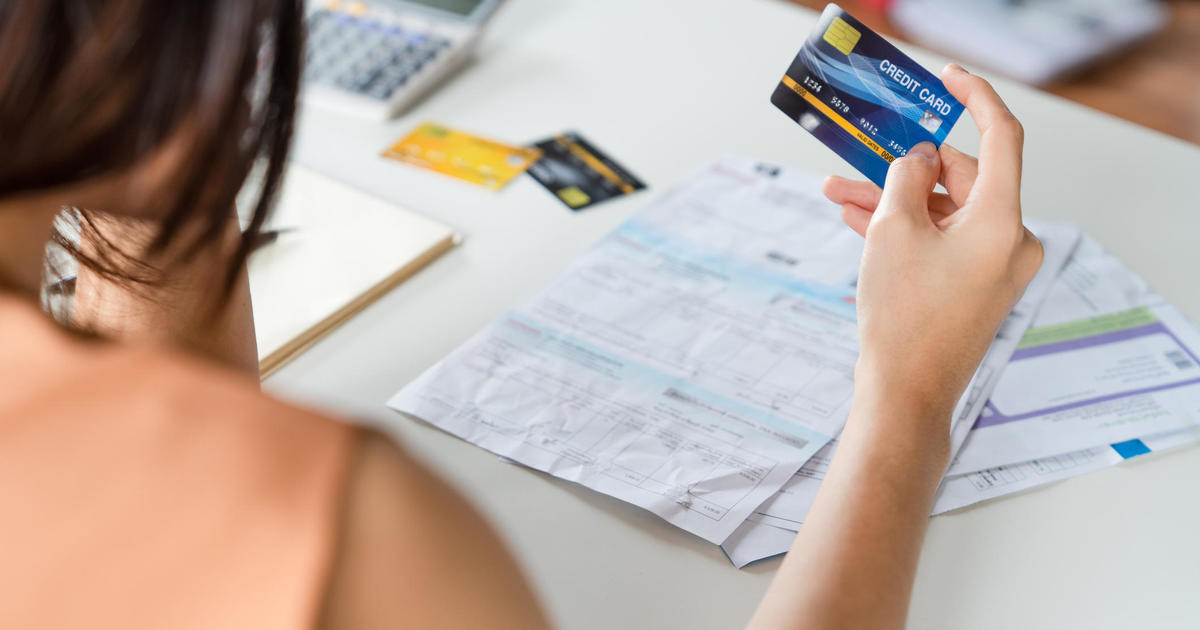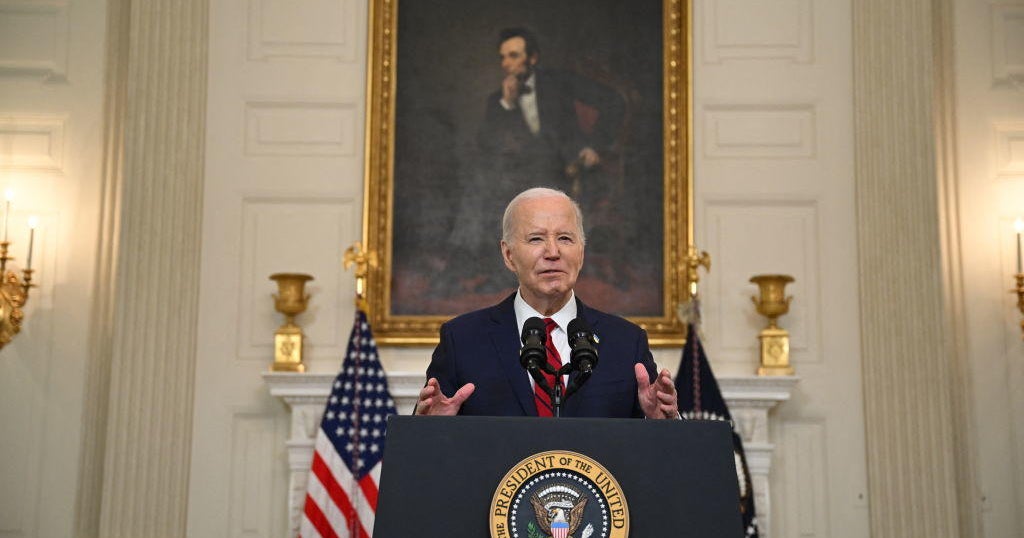Millions wait for jobless pay as state agencies overwhelmed by claims
Laid-off workers are slated to receive hundreds of extra dollars in unemployment benefits as part of the $2 trillion stimulus package. But the sudden surge in jobless claims is overwhelming state unemployment systems, which could result in a delay of getting checks to unemployed workers.
That's because more than 3 million people filed for benefits in one week earlier this month, an influx that represents an almost fivefold increase over the previous weekly record back in 1982. The stimulus package signed into law Friday includes money for hiring additional unemployment office staff, which could alleviate backlogs now facing some states.
Typically, unemployment benefits arrive within two to three weeks. But workers who have lost their jobs this month said it's been a struggle to reach their unemployment offices because of the competing crush of other out-of-work employees. Funding for extra state government staffing could help speed along their claims — and their unemployment checks, which will include up to an additional $600 per week on top of what they get from their local state benefits.
"Financially, I've never been more stressed out in my entire life," Kyle Quigley, a 25-year-old out-of-work restaurant server in Portland, Oregon, told CBS MoneyWatch on Friday. He filed for unemployment on March 16 and said he is still waiting for his first check: "Rent's due in like five days."
"Be patient with us"
The stimulus package includes $500 million pegged to hiring temporary staff and computer system upgrades at state unemployment offices. The states can also use the money to re-hire retirees and ex-employees, who will be authorized to remain on staff through December 31.
The money can't come a minute too soon. As unemployment applications have soared, unemployment application websites have crashed in states including Kentucky, New York, Ohio, Oregon and Pennsylvania.
In New York, there were 80,500 new applications during the third week of March, marking a 520% increase from this same period last year. Even days after the initial influx, New Yorkers are finding it difficult to contact their unemployment office to even complete an application.
"The site is so deluged that it keeps crashing, because at any time there are hundreds of thousands of people trying to access the site," New York Governor Andrew Cuomo said Tuesday.
An aide to the governor cited typical weekly phone call volume of 50,000 soaring to 7.2 million calls last week. "We got 1.2 million calls yesterday."
In Delaware, the spike in unemployment claims was both swift and immense, said Shannon Lolley, who manages a team of unemployment staffers in Dover and Wilmington. In late February and early March, the state had about 500 unemployment claims per week, according to state labor data. But in the third week of March, that surged to 10,790 claims.
"Three weeks ago, we had a consistent workflow," Lolley said Monday. "We knew the amount of claims we would be processing and taking care of. After the COVID-19, the workload just went out the roof."
Lolley, who said the state is sending 19 new workers to his office to help process applications, said he would love an additional 50 staffers to handle the deluge. Until then, Lolley said unemployed workers should just "be patient with us."
Worried workers
Jobless workers say they're anxious about when their benefits will kick in because their monthly bills are due soon. Take Aria Cueva, 21, of New Jersey, who lost her part-time job at a boutique where she earned about $600 per paycheck.
On March 23, Cueva's boss called and said all employees would be furloughed indefinitely. She filed for unemployment benefits the same day, but said she has yet to hear from her state's unemployment office. She's unsure if New Jersey has accepted her application or when the benefits will begin — and her anxiety is mounting because she has private student loan repayments to meet, as well as her portion of paying for her household's monthly expenses.
"I took a lot of time just to process it, like an hour, and then my first thought was oh, unemployment," Cueva said. "I knew, on good days, that the whole [unemployment application] system was kind of terrible and, when I was actually filing it, I said, 'This is really horrible.' The system is so overloaded that people can't even call their service office to get help."
Megan Slater, 36, a single mother in North Carolina, worked as a waitress for the past 10 months until March 17, when her employer slashed her hours to zero. Her attempt to apply for unemployment benefits that day was stymied when the state's unemployment site crashed. It took her until March 24 to successfully apply, but she hasn't received approval yet.
With tips, Slater said she was bringing home about $200 a night. She was able to save enough money for a vacation to Universal Studios with her daughter, but now that money is needed elsewhere — such as her $600 rent, which is due next week.
"Financially, I am scared because, with the little money I have left, I have to feed my kid and myself," Slater said. "I'm also worried about if I'm going to have a job after all this is over."



